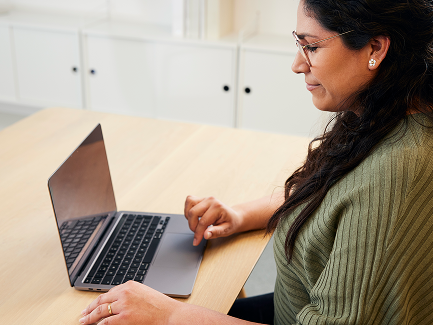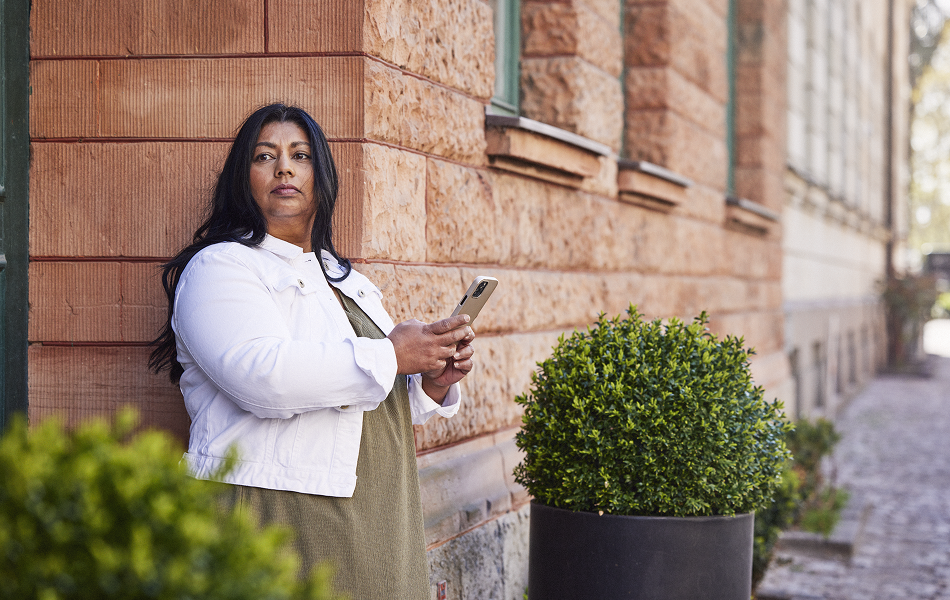
Talking to teens about obesity – navigating a sensitive topic
Worried about changes in your teen’s weight but not sure how to tackle this tricky subject? In this article, we offer some pointers to get you started.
It is no secret that social media continues to dominate the way we live our lives. Recent studies suggest that children aged 9-16 spend on average 167 minutes a day on the internet, with 35% of teenagers claiming they use social media ‘almost constantly’.

While social media offers unparalleled access to information, it can be a breeding ground for misinformation, and can isolate those living with obesity, who may be searching for support at a vulnerable time.
With the influence of social media not showing any signs of slowing down, is there any possibility it can become a positive platform for obesity support? This article explores in more detail, the dark side of social media, and shares recommendations for positive social media practices to benefit your weight management journey.
The way living with obesity is portrayed on social media can impact how people perceive their bodies and can reinforce negative attitude towards individuals living with overweight or obesity. It isn’t just stigmatising comments that can play a part; there are several factors at play.
It is unsurprising that exposure to any of the above can have a negative impact on mental health, particularly anxiety and depression. Poor mental health can reduce the ability to leave the house, partake in group activities or physical exercise and seek support from others, all of which are important factors in weight management. Isolation can drive people to social media, as young people in particular use platforms as a way of forming identities and finding social connections, and thus a cycle is created.

Based on the above, it can be argued that social media will always do more harm than good. However, it is not showing any signs of going away, in fact, it is growing, scale and influence exponentially. It should be stated that safe use of social media can have a positive outcome, it is important to know what to look out for.
Social media is a double-edged sword. While it can amplify negativity, it also offers good opportunities for connection and support. For those navigating health challenges, such as obesity, online communities can be a lifeline, empowering individuals and challenging harmful stereotypes. By harnessing its potential and mitigating its risks, social media can be a powerful tool for positive change.
KW25OB00016